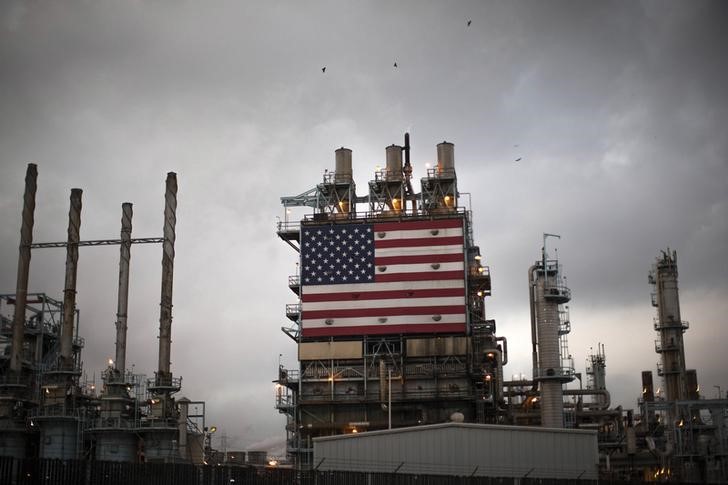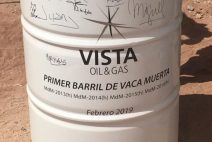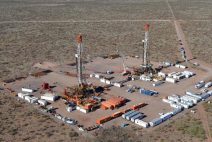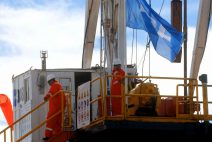Companies drilling for the crude that turned the U.S. into the world's top oil producer face an unexpected dilemma: their West Texas Midland crude is getting lighter, which could make it less appealing to some refiners.
Super-light crudes would have to be blended with heavier grades for processing into gasoline, diesel and jet fuel. Less supply of heavy crude and high prices for it could cut demand for WTI Midland. This could result in lower prices for the globally used dated Brent benchmark of which WTI has become an integral part.
The volume and quality of the flagship U.S. crude has made it popular with refineries in Asia and Europe, thanks to its similarity to other benchmark grades and a low sulfur content that makes it relatively easy to remove during processing.
It has become a central part of Brent, a group of North Sea grades used to price over 75% of the world's crude.
But shale producers in the Permian basin of west Texas and New Mexico have been pumping lighter crude. Recent testing shows the oil's gravity, or measure of density, is between 41 and 44 degrees, said sources who declined to be identified as the data is confidential.
WTI Midland crude historically has a gravity of about 38 degrees to 42 degrees. The higher the number, the lighter the oil.
Shale producers are pumping lighter oil as they exhaust first-tier production areas and move into second-tier acreage. These wells yield more natural gas, with crude pushing into super-light territory.
Generally, lighter crude is more valued than heavier crude, but refineries are set up for specific densities, usually not super-light crude. Refiners look for crude that can deliver the best margins from existing gear. Converting units to run lighter crudes economically would require investing in new equipment.
Lighter crude tends to produce higher volumes of petrochemical feedstock naphtha when it is refined, and less of the more profitable diesel and jet fuel. Some refining towers may not be built to handle higher volumes of naphtha and refiners may be forced to cut how much crude they run overall.
With gasoline demand likely to peak as more people work from home and many adopt electric vehicles, refiners are reluctant to make large investments into plants, sources and analysts said.






















